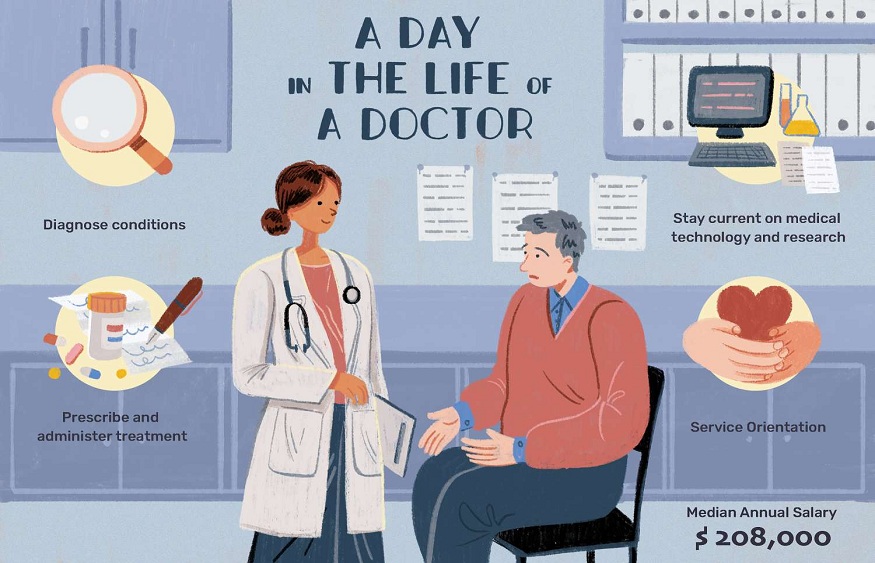Throughout the past 25 years, nurse practitioners’ (NPs’) roles and responsibilities have progressively expanded and changed in the United States. A collaborating physician is still necessary for NPs to practice in some areas. Selecting your collaborating physician is crucial if you work in a state that mandates such an arrangement. This connection may directly impact your performance and the well-being of your patients, so it is important to choose wisely. Here is a process to find a collaborating doctor for your needs as a nurse practitioner.
Understand the state’s laws regarding the scope of practice.
The first step in finding a collaborating doctor is understanding your state laws. Although NPs are permitted to practice without physician oversight or collaboration in some states, several states still have various limits on how NPs can treat their patients. Knowing your state’s regulations will help you better grasp the extent and nature of your practice and, in turn, what kind of collaborating doctor would be the best for you.
Know the qualities you want in a physician collaborator
If you’re going to collaborate with a physician, think about the type of working relationship you want to have with them. Are daily doctor’s appointments required? Are you looking for a particular area of knowledge or specialty?
Your options for choosing a collaborator may occasionally be limited. The physician shortage or state limitations on the number of NPs and PAs a physician should work with are examples of social variables that could impose restrictions. Yet, it is usually a good idea to lay out your ideal working arrangement. You’ll be able to convey your needs to potential collaborators effectively and eliminate unreasonable expectations by developing a deeper understanding of your needs.
Find potential candidates
The time has come to begin your search once you have determined the characteristics of your perfect applicant. Several starting points are available. You can start with a former coworker since you can make a better-informed judgment based on a previous working connection and have more luck bringing them on board. If a doctor you’ve contacted declines to collaborate with you, find out if they can recommend any nearby colleagues who may.
Inform any prospective collaborator.
Ensure to adequately inform your candidate of the NP/physician collaborator relationship. Many doctors need some clarification about what exactly their job would involve. Misconceptions can include assumptions regarding malpractice responsibility, the time required, and the costs involved in a collaborative relationship.
So, expressing your needs as an NP and your state’s obligations in explicit terms is critical. You can convince doctors to collaborate with you if you know their common reservations.
Make a choice
After meeting with applicants, go over your notes and impressions of each. Remember, you may have a very long working relationship with this person, so it’s essential to choose wisely. The doctor you collaborate with can be your biggest ally. However, there is little chance of success if the connection is not built on mutual respect.



